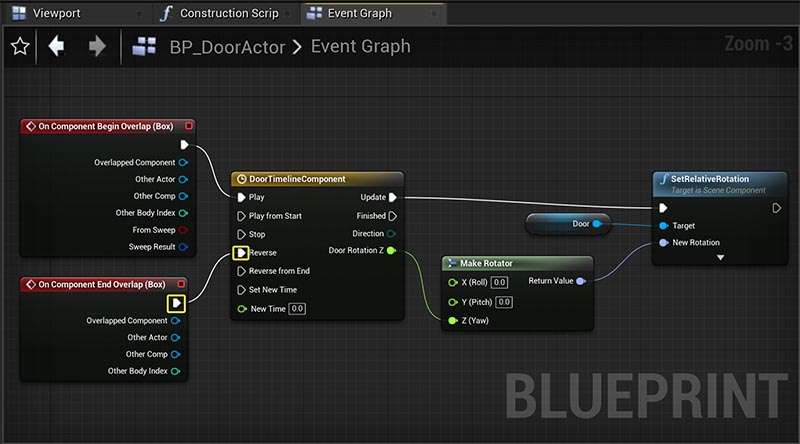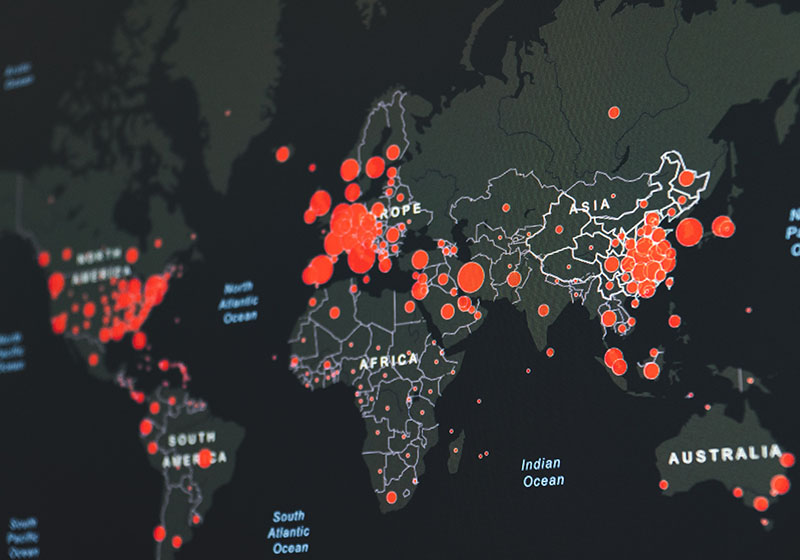Coding Boot Camps vs. CS Degrees
Since the dawn of the computer age, if you wanted to get a job programming, the best way has been to get a computer science (CS) degree. Because of this, universities and colleges that offer CS degrees have been the “gatekeepers” to the programming industry. Which wasn’t necessarily a bad thing — CS degrees certainly do teach you a lot about computer science and programming, and even give you some hands-on experience.
But a new option has more recently appeared, and for many people it’s a way to learn programming faster, and usually cheaper: online coding boot camps.
Read more »






 “As I review animators’ portfolios, I often look for animators that can wear multiple hats.” Indeed, if Mathias Takacs is as whimsical as the characters in his 3D animation portfolio, he may be wearing actual hats himself — witch hats, pirate hats, or tall furry gorlatnayas.
“As I review animators’ portfolios, I often look for animators that can wear multiple hats.” Indeed, if Mathias Takacs is as whimsical as the characters in his 3D animation portfolio, he may be wearing actual hats himself — witch hats, pirate hats, or tall furry gorlatnayas.